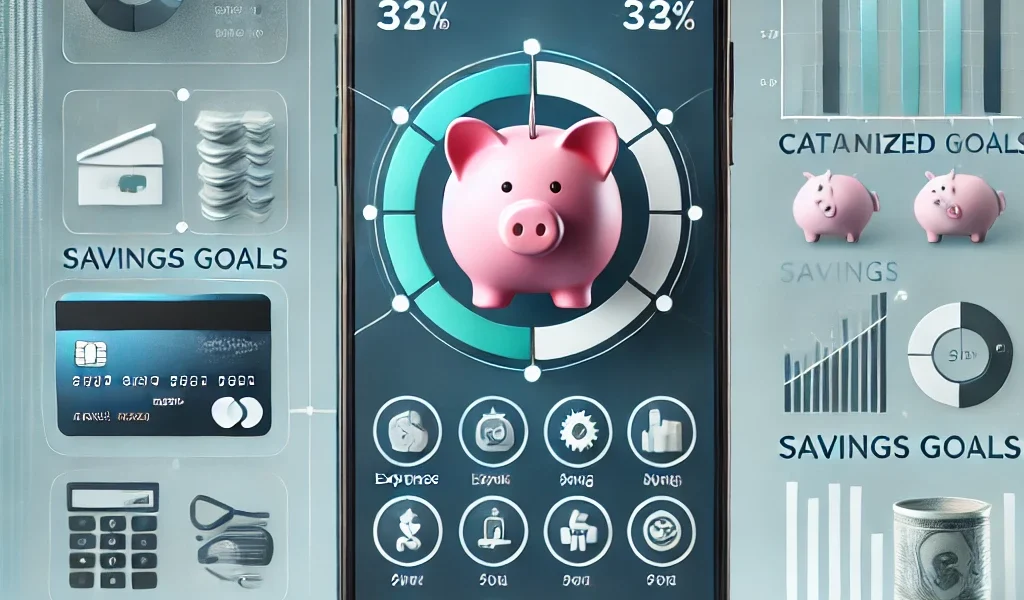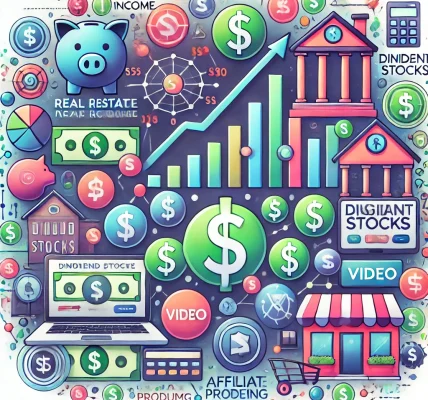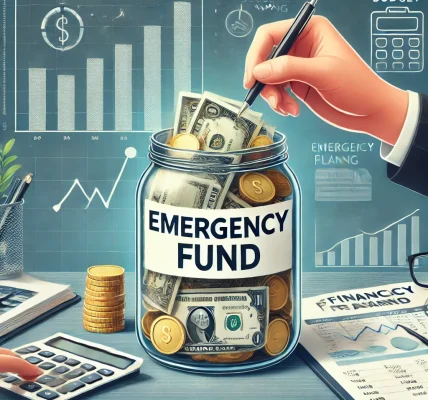Managing personal finances effectively has become more crucial than ever in 2025. With rising living costs, uncertain economic conditions, and increasing digital transactions, budgeting apps have become essential tools to help individuals track expenses, set financial goals, and achieve financial stability. In this article, we will explore the best budgeting apps for effective money management in 2025, providing an in-depth review of their features, pricing, and suitability for different users.
Why Use a Budgeting App?
Budgeting apps simplify financial management by offering:
- Automated Expense Tracking – Sync bank accounts and categorize transactions automatically.
- Goal Setting – Set savings goals and monitor progress.
- Bill Reminders – Get alerts for upcoming due dates.
- Customizable Budgets – Allocate funds for different spending categories.
- Financial Insights – Gain insights into spending habits and improve money management.
Now, let’s take a look at the top budgeting apps of 2025 that can help you achieve financial wellness.
1. YNAB (You Need a Budget)
Key Features:
- Zero-based budgeting approach.
- Syncs with multiple bank accounts.
- Customizable goal tracking.
- Detailed spending reports and trend analysis.
- Multi-device accessibility with a user-friendly interface.
Pricing:
- Free 34-day trial.
- $14.99/month or $98.99/year.
Best For:
Individuals who prefer a proactive budgeting system with strict spending controls.
2. Mint
Key Features:
- Automatic transaction categorization.
- Free credit score monitoring.
- Bill payment reminders.
- Investment and net worth tracking.
- Custom spending alerts.
Pricing:
- Free (ad-supported).
- Premium version at $4.99/month (ad-free and extra features).
Best For:
Users looking for a free, all-in-one financial management tool with comprehensive tracking.
3. PocketGuard
Key Features:
- “In My Pocket” feature to show disposable income after expenses.
- Bill negotiation tools.
- Subscription and recurring expense tracking.
- Smart savings feature for automated savings goals.
Pricing:
- Free basic version.
- Premium version: $7.99/month or $79.99/year.
Best For:
Individuals who need a simple and effective way to avoid overspending.
4. GoodBudget
Key Features:
- Envelope budgeting system.
- Manual expense entry (does not sync with bank accounts).
- Shared budgeting with family members.
- Debt payoff tracking tools.
Pricing:
- Free basic plan.
- Premium plan: $8/month or $70/year.
Best For:
Users who prefer traditional envelope budgeting and manual financial management.
5. EveryDollar
Key Features:
- Zero-based budgeting.
- Automatic bank transaction syncing (paid version).
- Monthly expense tracking and financial goal setting.
- Custom spending categories.
Pricing:
- Free basic version.
- Premium plan: $12.99/month or $129.99/year.
Best For:
Those who follow Dave Ramsey’s financial principles and need a simple yet effective budgeting tool.
6. Spendee
Key Features:
- Budgeting for personal, family, or business use.
- Cash and bank transaction tracking.
- Shared wallets for managing expenses with others.
- Real-time syncing across devices.
Pricing:
- Free basic plan.
- Premium plan: $2.99/month or $22.99/year.
Best For:
People who want a collaborative budgeting app to share finances with family or friends.
7. Wally
Key Features:
- Multi-currency support.
- Expense tracking via scanning receipts.
- Shared budgets for families or groups.
- Personalized financial insights.
Pricing:
- Free basic version.
- Premium version starts at $8.99/month.
Best For:
Frequent travelers and users needing multi-currency budgeting.
8. Monarch Money
Key Features:
- Customizable financial planning tools.
- AI-driven financial insights.
- Family account management.
- Investment and retirement tracking.
Pricing:
- Free 7-day trial.
- Premium: $9.99/month or $89.99/year.
Best For:
Users who want advanced financial planning and investment tracking.
How to Choose the Right Budgeting App?
Before selecting a budgeting app, consider these factors:
- Financial Goals – Do you need to save, invest, or track spending?
- Ease of Use – User-friendly interface and device compatibility.
- Automation – Bank syncing, bill reminders, and spending insights.
- Cost – Free or paid versions based on budget and needs.
- Privacy & Security – Encryption and security measures to protect financial data.
Conclusion
Budgeting apps have revolutionized personal finance management by making money tracking effortless and insightful. Whether you’re a beginner looking for a simple tool like Mint, a strict budgeter using YNAB, or someone managing shared expenses with Spendee, there’s an app for every financial goal. Choose the one that fits your needs and start your journey towards better financial health in 2025.
Have you tried any of these budgeting apps? Share your experience in the comments below!



